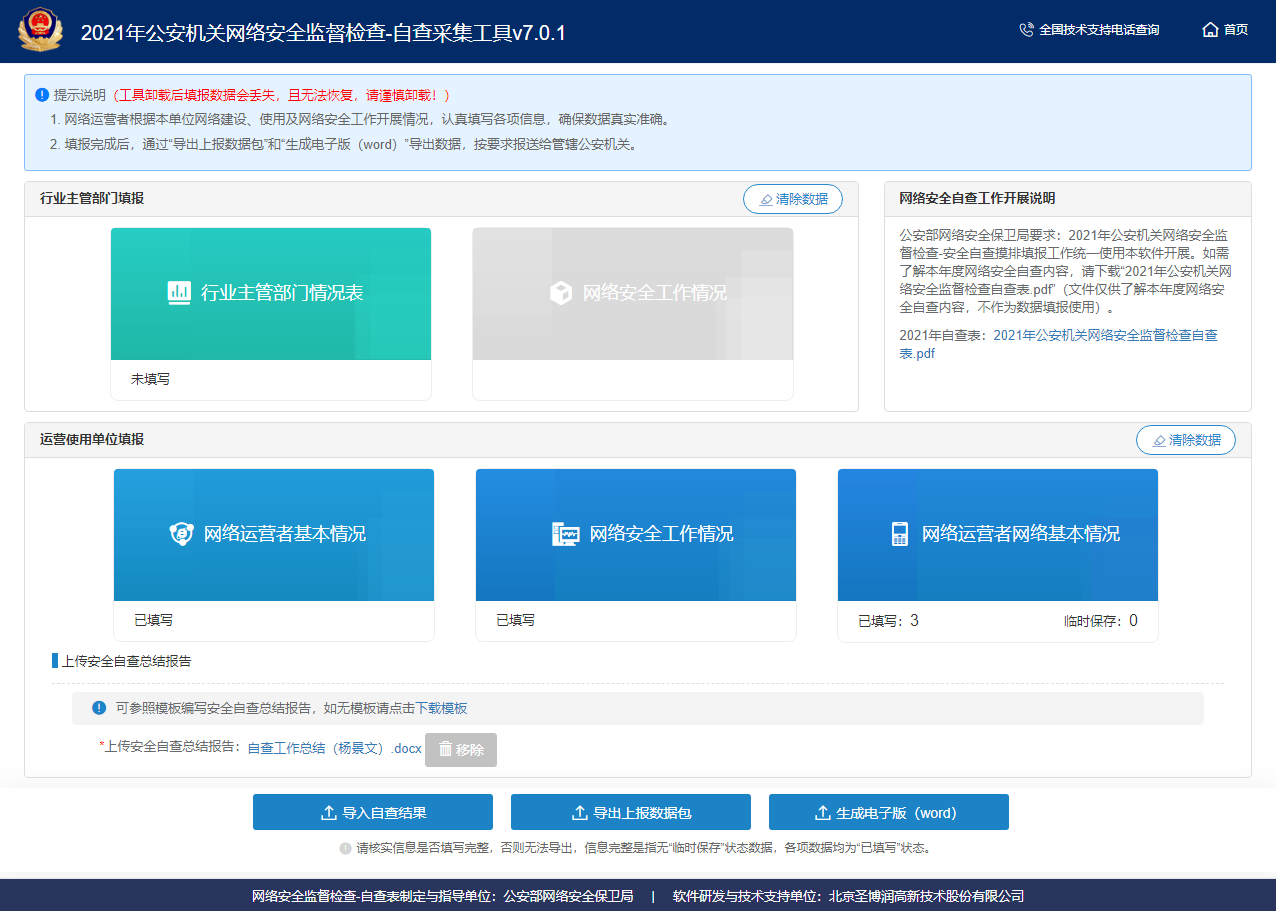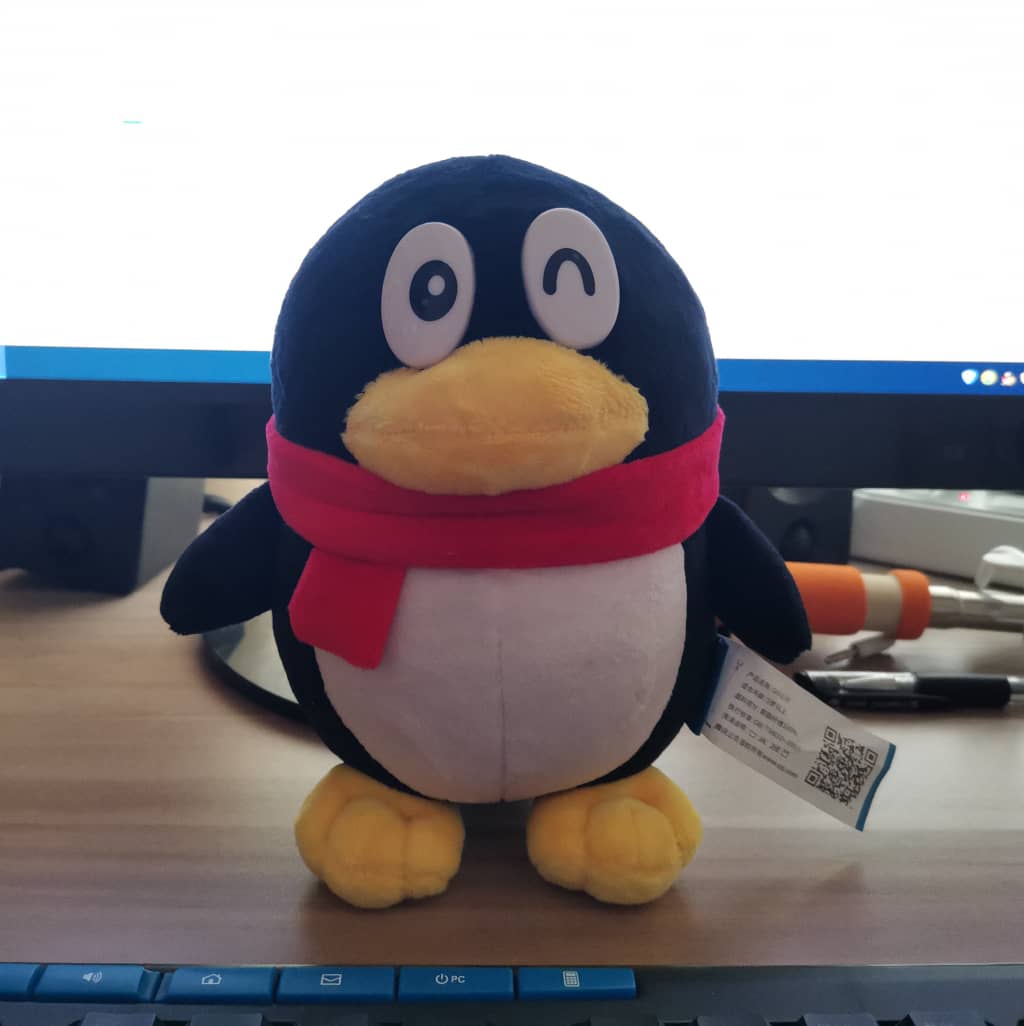For your website to rank high in any search engine you have to do two things. First you have to make sure that search engine understands the topic of your website correctly and second is that you have as many backlinks as possible. The First aspect is called On Page SEO and second On page seo is about implementing the best practice techniques on your website pages.aspect is called Off Page SEO. Both of them are necessary for your high ranking. Here we will assume that you have already decided you keywords. if you have’nt decided your keywords yet visit “how do i find keywords” In the following paragraphs we will discuss the On Page SEO and I will tell you the tips to make sure that search engines understand your website properly.
Title Tag
You title is the most important part of On Page SEO.If you do not include keywords relevant to your topic in your title then its highly likely that search engines will not find out the topic of your website and if search engine do not know the topic of your website then they will obviously not rank you for your keywords.
Make sure that your keywords are in the beginning of your title beacuse google gives more importance to sites that have keywords in the beginning of their title. Another thing that you should ensure is that you title should not be too long. It has been observed that too-long titles are not given much importance and google even tries to change the title if it is too long.
H1 Tag
After the title the most important part of on-page SEO is your h1 tag. You should also make sure that you include your keywords in h1 tag. In addition to that you should also make sure that there are as minimum of h1 tags as possible. I really prefer one h1 tag which include my targeted keywords. For example if you are targeting the keyword “sword fish” then you should include the term “sword fish” in your h1 tag on the beginning of the page and thats all. You dont need to put any more h1 tags. If you do so it will only confuse search engines about the topic of your webpage. If you have more than one headings than you should use h2 or h3 tags instead of stuffing you page with h1 tags.
Meta-description
Although google and other major search engines do not give any importance to keyword meta tags but matt cutts (google’s SEO person) explicitly said that they do consider the meta-description tag to figure out the topic of the page. I would therefore highly recomend you to include your keywords in meta description tag as well.
Content
Obviously including keywords in your content is not as important as including them in h1 or title tag but if you do repeat your keywords in your content two or three times then this will help search engines in determining the theme of your page and you will have a better chance of being ranked higher. But you must not stuff your content with keywords because it will be considered as spammy behaviour and your page might get penalized for it.
Pictures
Having a picture on your page gives you an additional chance to make the search engine understand the theme of your page. With picture you can add your keywords to “alt” attribute inside the picture. This is one of the reasons that you see irelevant pictures on certain page. The webmasters of those pages include these pictures just for mentioning the keywords in “alt” attribute.
URL of the Page
Although google says that it does not give much importance to the keywords included in url but if you search anything on google you will notice that most of the urls of the returned results will include the keywords searched.
rel=”canonical”
This attribute is absolute must in today’s on page seo. This tag is the solution to the whole ‘www’ vs ‘non www’ urls problem. This problem was that search engines consider both ‘www’ and ‘non-www’ urls as two seperate urls eventhough they both lead to the same page. This way the page rank and links were also divided and hence page would not be able to get the rank it deserved. So google people came up with the solution that the webmaster will have the choice to mention the preferred url (‘www’ or the other one) through canonical attribute. The format for canonical tag is;
<link rel=”canonical” href=”https://www.yangjingwen.com











